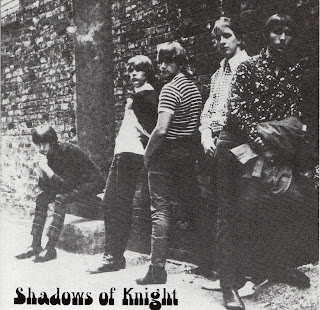Hawkwind's latest was eagerly anticipated after a long and turbulent few years since the band's previous studio release. Most latter-day Hawkwind studio albums have been patchy affairs and now the euphoria has died down, Take Me To Your Leader proves to be much the same. The band that invented spacerock has long left full-on blanga behind, at least in the studio, in favour of a cold and rather sterile techno-rock hybrid that sometimes has psychedelic tendencies but only ventures into space on synth-based ambient pieces.
Too much of this album passes in an impenetrable cocoon of blandness - the vague and meandering 'Out Here We Are', an average heavy riffer in 'Greenback Massacre', jazzed-up techno of 'Take Me To Your Leader', the repetitious 'Digital Nation' and its annoying drum pattern, the short interlude of 'Sighs', and Arthur Brown's uninteresting techno-backed 'A Letter To Robert' monologue which doesn't bear more than a single hearing. None raise a flicker of emotion in the listener, and none displays much in the way of inspiration. Fortunately, the remaining tracks provided adequate compensation ....
.... opener, the old classic 'Spirit Of The Age' is rather splendid, generally an improvement on the original though not deviating much from the 1977 arrangement; Brock's 'To Love A Machine' enters Symphonic Prog territory and features some unexpected, but very welcome, acoustic guitar as well as tasty electric riffs; Arthur Brown's bouncy 'Sunray' is a brilliant Roxy Music thrash awash with crunchy guitars; and an infectious 'Angela Android', with an aptly loopy Lene Lovich adding vocals in her inimitable style to a pounding beat.
These four tracks are undoubtedly bright stars in the Hawkwind post-spacerock firmament. Had the remainder been even close then this might have been a stunning album based around a theme of a mechanized future world. The reality is that, once again, a Hawkwind album fails to satisfy in its entirety. If you strip away the contributions of guest performers, you are left with a pretty average bunch of songs that don't stand the test of time. Overall - good, but they have done a lot better.








